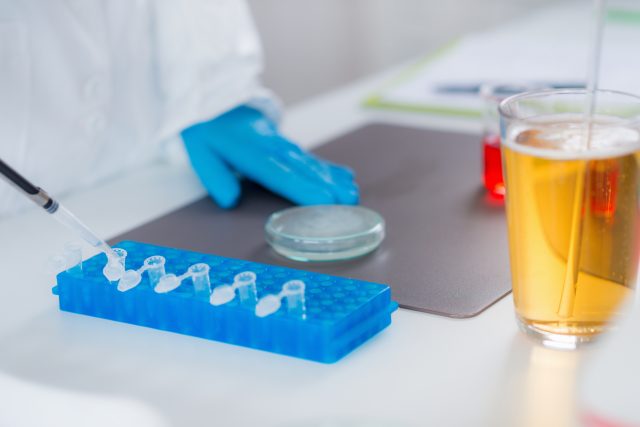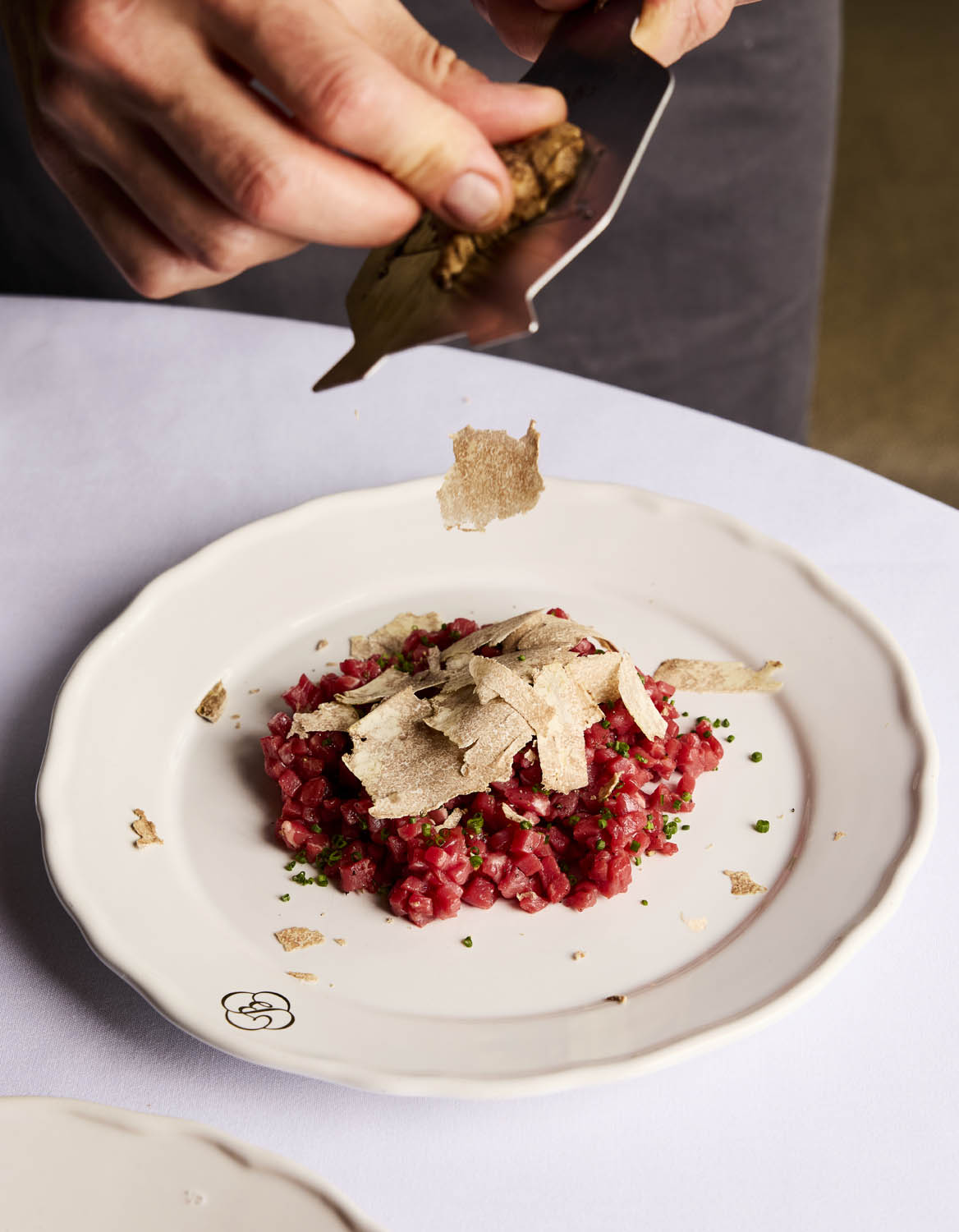Scientists identify potential in probiotic beer
Scientists have stated that “beer is a promising vehicle for probiotics”, according to new research in an academic journal.

The research, outlined in the MDPI journal’s special report named Developments in Brewing Processing and Analytical Techniques for the Evaluation of Beer Quality, stated that because “probiotic cultures do not harm beer’s sensory profile” adding them to beers could be a “promising’ move.
Beer has already been highlighted by nutritionalists as a drink that could exert “greater effects than probiotics” and if consumed in moderation could be “good for your gut and immunity, stimulating microbiota diversity”. If further probiotics are added to beer, there is an opportunity for the category to diversify further, not just in a health sense, but also by layering in flavours.
In 2017, researchers at the National University of Singapore had already dabbled with the idea and created a sour beer that was good for the gut. The sour beer contained a probiotic strain that, the scientists said, could neutralise toxins and viruses and regulate the immune system.
Following this, in 2022, tech start-up Probicient and Origgin Ventures joined forces with Singapore’s longest running craft brewery Brewerkz to launch the world’s first probiotic beer, showing the potential.
Now, in the new research, scientists have gone further to describe how beer with added probiotics could become an entirely new and viable category “if the entire fermentation process is properly optimised and controlled” and even went so far as to say that the results could assist in developing the repertoire and taste profiles of beer because “it is possible to obtain probiotic beers with unique aromas and flavours”.
The research showed that “probiotic products have been observed to offer health benefits when consumed on a daily basis at a dosage of 108 to 1010 colony-forming units (CFU)” and suggested that as long as complementary yeast strains were used to create the beers, there was “the potential for beneficial health effects”.
Partner Content
According to the scientists, “the strains L. paracasei F19 and L. paracasei 431 possess multiple defense mechanisms, including membrane adhesion proteins and H+ pumps, which render them suitable candidates for utilisation in breweries. In addition, proteome analysis indicated that the L. paracasei 431 strain may be the most adaptable to beer conditions, since it has proteins related to carbohydrate metabolism, especially L-lactate dehydrogenase, with greater activity, which translates into the early synthesis of the proteins L-lactate dehydrogenase and D-lactate dehydrogenase, providing energy for rapid strain proliferation”.
The scientists further stated that “proteomic approaches allow the identification of proteins associated with beer quality attributes, such as turbidity, foam formation, effervescence, taste, and colour, as well as contributing to understanding the survival mechanisms of bacteria”.
But revealed that “given the growth inhibition of lactic acid bacteria with iso-α acids, the use of these compounds is limited to a scale of 25 International Bitterness Units (IBU) as the maximum bitterness”.
The scientists added, however, that “more tolerant microorganisms, such as Saccharomyces boulardii, are required to create additional probiotic beer styles with increased concentrations of α acids (such as stouts, lagers, and India Pale Ale)”.
The research additionally showed that “it is also crucial to consider the time when hops are added to beer because introducing hops during the initial stages of boiling causes their compounds to undergo isomerisation, which may affect probiotic growth”.
The scientists reminded that “despite technical challenges, strategies have emerged to overcome these barriers, namely probiotic immobilisation, co-fermentation, and fermentation with S. boulardii, enabling the creation of functional beers that are potentially beneficial for consumers’ health”.
Related news
The Castel Group rocked by Succession-style family rift
Carlsberg boosts presence in China with restaurant guide tie-up




